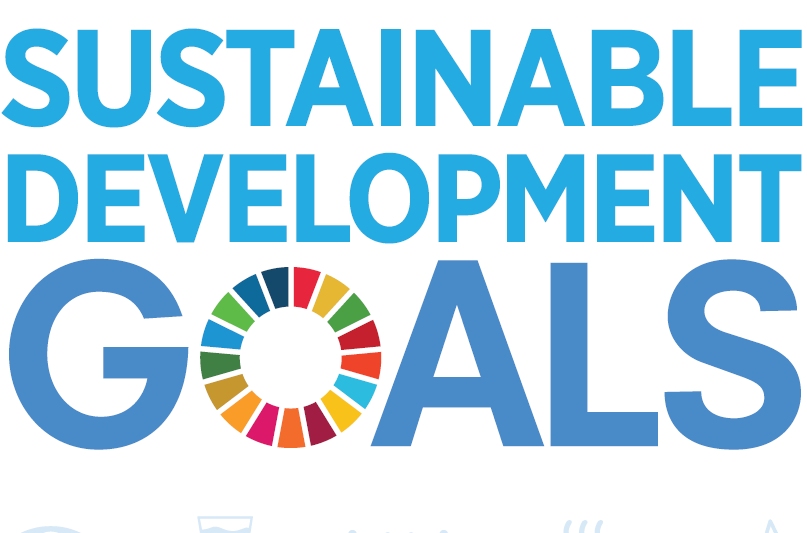In Interaction With The United Nation Office On Drugs And Crimes , Regional Office for South Asia, the Ambassador of Japan to India, Mr. Kenji Hiramatsu reflects on the key security challenges facing the region today, and emphasizes Tokyo’s global commitment towards promoting the Sustainable Development Goals (SDGs) and addressing extremism and drug use.
Ambassador Kenji Hiramatsu has said that his country is keen to support South Asia in combating terrorism and attaining the UN’s Sustainable Development Goals (SDGs).
Japan is very happy to support India’s endeavour to enhance the level of living standards, supporting higher education, eradication of poverty, women’s empowerment, tackling infectious diseases and providing better sanitation standards.
The Japanese envoy said that the agenda they are working on together is very comprehensive and wide-ranging and they are committed to support India’s endeavor to achieve various ambitious goals based on the SDGs under the leadership of Prime Minister Modi.
Hiramatsu said that though the Islamic State (IS) terrorist organisation’s operations have been diminishing in Syria and Iraq, foreign terrorist fighters were now splitting and relocating to other parts of the world, including in South Asia.
The interview was part of the UNODC Conversations that feature exclusive interactions with eminent personalities and experts on issues related to UNODC’s core mandate areas of transnational organised crime, human rights, terrorism and the rule of law.
Emphasizing on the need for global solutions to resolve the problems terrorism and extremism, in South Asia, Hiramatsu said, “To tackle with the issue of violent extremism, we need a more comprehensive approach: not only dealing with terrorism per se, but also in addressing challenges such as the eradication of poverty, build harmonious communities and lessen religious tensions.”
He said that Japan had been actively supporting efforts on border control and better law enforcement in South Asia, especially regarding promoting human resource development and providing technical assistance to those who are dealing with border control and law enforcement issues.
Hiramatsu stated that they have special programmes to support border control and community ruling, and also to establish a centre for intelligence and information sharing in the region.
Underlining the need for comprehensive approaches for addressing the crisis in the South Asian region, the Japanese Ambassador said, “We are also backing initiative supporting UNODC in capacity building operations, which cater to different pillars of UNODC’s agenda. The three pillars of UNODC’s work – health, justice and security – are very important for us.”
About addressing the key security challenges in South Asia, Hiramatsu said, The global strategic landscape is steadily shifting, so we have to deal with these issues in a very intelligent manner.”
He said the issue of nuclear terrorism has been there for many years and to resolve the threats; Japan has been actively participating in a series of nuclear terrorism summit meetings.
Expressing particular concerns on the threats Japan faces from nuclear powered North Korea, he said, “The situation with regard to North Korea is extremely critical and serious. The level of conflict has entered a new stage. We need a uniform and united solution to this crisis. All countries have to be united to pressurize North Korea to align with global nuclear rules and regulations. This is a serious threat to Japan.”
At the Sustainable Development Summit on 25 September 2015, UN member states adopted the 2030 Agenda for Sustainable Development, which includes a set of 17 SDGs to end poverty, fight inequality and injustice, and tackle climate change by 2030.

